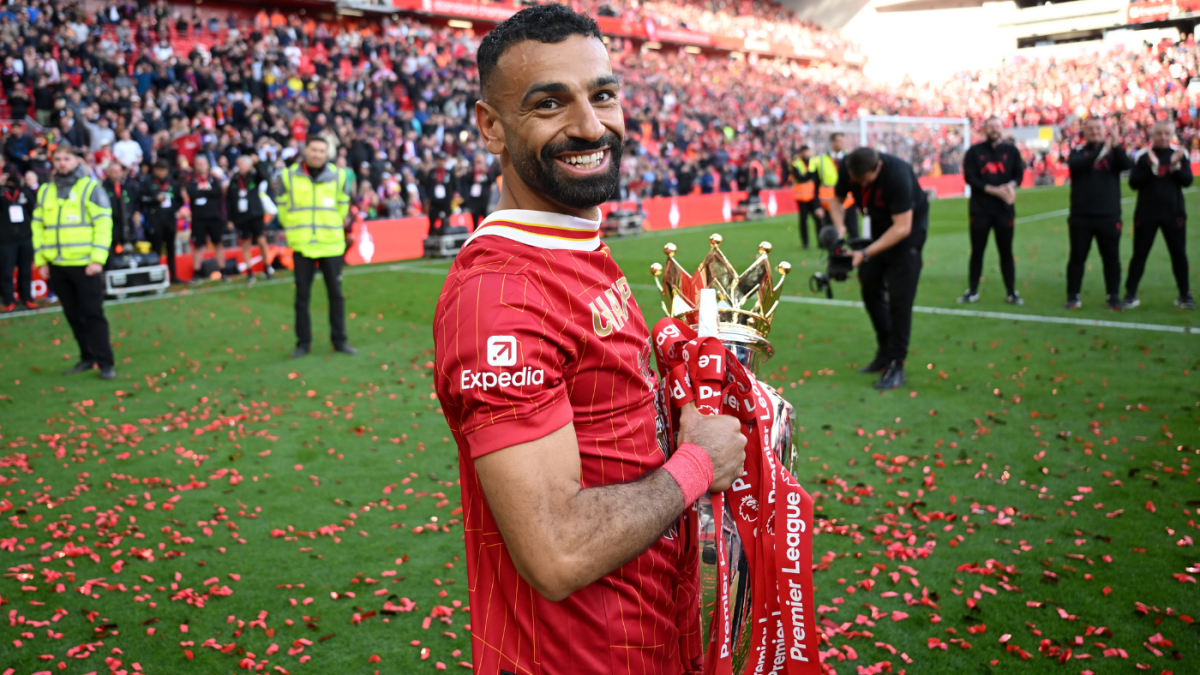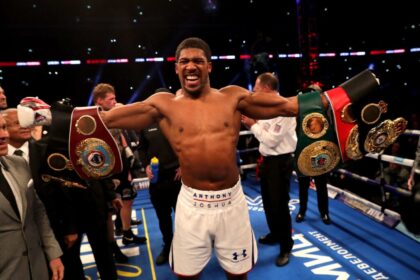The European club season has wrapped up, and unless you have a particular interest in the Club World Cup (which is likely minimal), the best players are left with little opportunity to enhance their chances for the Ballon d’Or. The awards reveal is scheduled for September 22nd, setting the stage for lively discussions about who truly excelled this past season.
Debating individual accolades can be engaging, especially considering how the best team awards typically overshadow individual honors. This year’s race is wide open, unlike previous seasons dominated by Lionel Messi. Early 2025 suggested Mohamed Salah might be in the lead, but few anticipated Paris Saint-Germain’s swift emergence as a dominant force in Europe’s elite competition.
While this piece won’t delve into predictions for the Ballon d’Or winner, the matter of who deserves it is intriguing. Ultimately, performance and contributions—especially in goal-scoring—carry significant weight. While defensive efforts can be crucial, this season hasn’t showcased a standout defender comparable to Fabio Cannavaro’s exceptional contribution during his peak.
Goal-scoring, assists, and defensive solidity are key factors in determining the outcome of prestigious awards like the Ballon d’Or. The second criterion for consideration is a player’s impact on "team performance and outcomes." It’s always a balancing act among team contributions, individual talent, and values like "class and fair play." Although the assessment can seem subjective, it remains essential to apply consistent standards.
As the season wraps up, raw statistics become increasingly important in evaluating potential Ballon d’Or candidates. Following the performance metrics early next season provides insight into possible outcomes throughout the year. However, much can be deciphered from the completed 2025 season. Here’s a look at the leading candidates:
1. Mohamed Salah, Liverpool (+900)
Before this season, only two players in Premier League history had achieved 47 goal involvements over a full campaign, both needing 42 matches to do so. Salah dominated, ending the season with 34 goals and 23 assists. Liverpool’s early Champions League exit should not detract from his extraordinary individual performance.
2. Raphinha, Barcelona (+1000)
Raphinha’s journey is remarkable; earlier in the season, Barcelona wanted to sell him. However, he thrived in the Champions League, matching Cristiano Ronaldo’s goal contributions at 21, positioning him strongly for the Ballon d’Or.
3. Ousmane Dembélé, PSG (-200)
Dembélé has transitioned into one of the world’s top forwards, pivotal to PSG’s aim for Champions League glory, showcasing peak performances in the most critical matches of the season.
4. Khvicha Kvaratskhelia, PSG (+1600)
Kvaratskhelia is a standout, although he may not reach the Ballon d’Or level just yet. Mid-season changes at PSG elevated their performance, with his goal contributions being vital to the team’s success.
5. Pedri, Barcelona (+3300)
Considered a top midfielder this season, Pedri’s role has garnered praise, with notable figures suggesting he outshines even more prominent players like Raphinha and Lewandowski, thanks to his exceptional ball progression and defensive commitment.
6. Lamine Yamal, Barcelona (+275)
Yamal has made headlines as a 17-year-old contributing to 39 goals, demonstrating remarkable promise especially during the Champions League semi-finals.
7. Achraf Hakimi, PSG (+5000)
Hakimi’s dynamism both defensively and offensively has been crucial to PSG, highlighted by significant contributions during key matches.
8. Kylian Mbappé, Real Madrid (+3300)
Mbappé’s impressive 42 goals have been vital for Real Madrid, despite defensive struggles and the integration of new signings challenging the team’s stability.
9. Virgil van Dijk, Liverpool (+10,000)
Although Van Dijk may not be as fast as before, his development with the ball maintains his vital role in Liverpool’s backline.
10. Harry Kane, Bayern Munich (+10,000)
Kane remains influential, leading in goals and assists in the league, proving that he can still compete at the highest level even at 31.
Fan Take: This news is important for soccer fans as it highlights the fierce competition and potential shift in dominance among top players, marking a new era in football. The outcome of the Ballon d’Or could reflect a broader change in the landscape of soccer as emerging talents challenge established stars.



